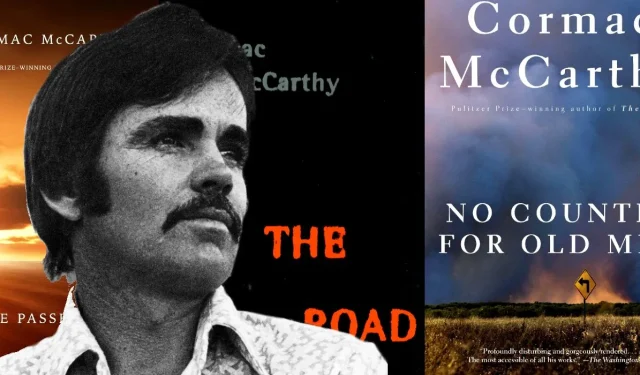
American author Cormac McCarthy is celebrated for his rich contributions to modern literature, with a collection of twelve novels that stand as cornerstones of contemporary storytelling. Often hailed as one of the greatest American writers, McCarthy was born Charles Joseph McCarthy Jr. in Providence, Rhode Island, on July 20, 1933, and passed away on June 13, 2023. After graduating from college, he began his literary journey by penning short stories for his university magazine (source: Britannica). His debut novel, The Orchard Keeper, published in 1965, marked the start of his career, later winning the William Faulkner Foundation Award in 1966. However, it was his 1992 masterpiece, All the Pretty Horses, that propelled him to critical acclaim.
12
Cities of the Plain (1998)
An Intimate Yet Gripping Conclusion to the Border Trilogy
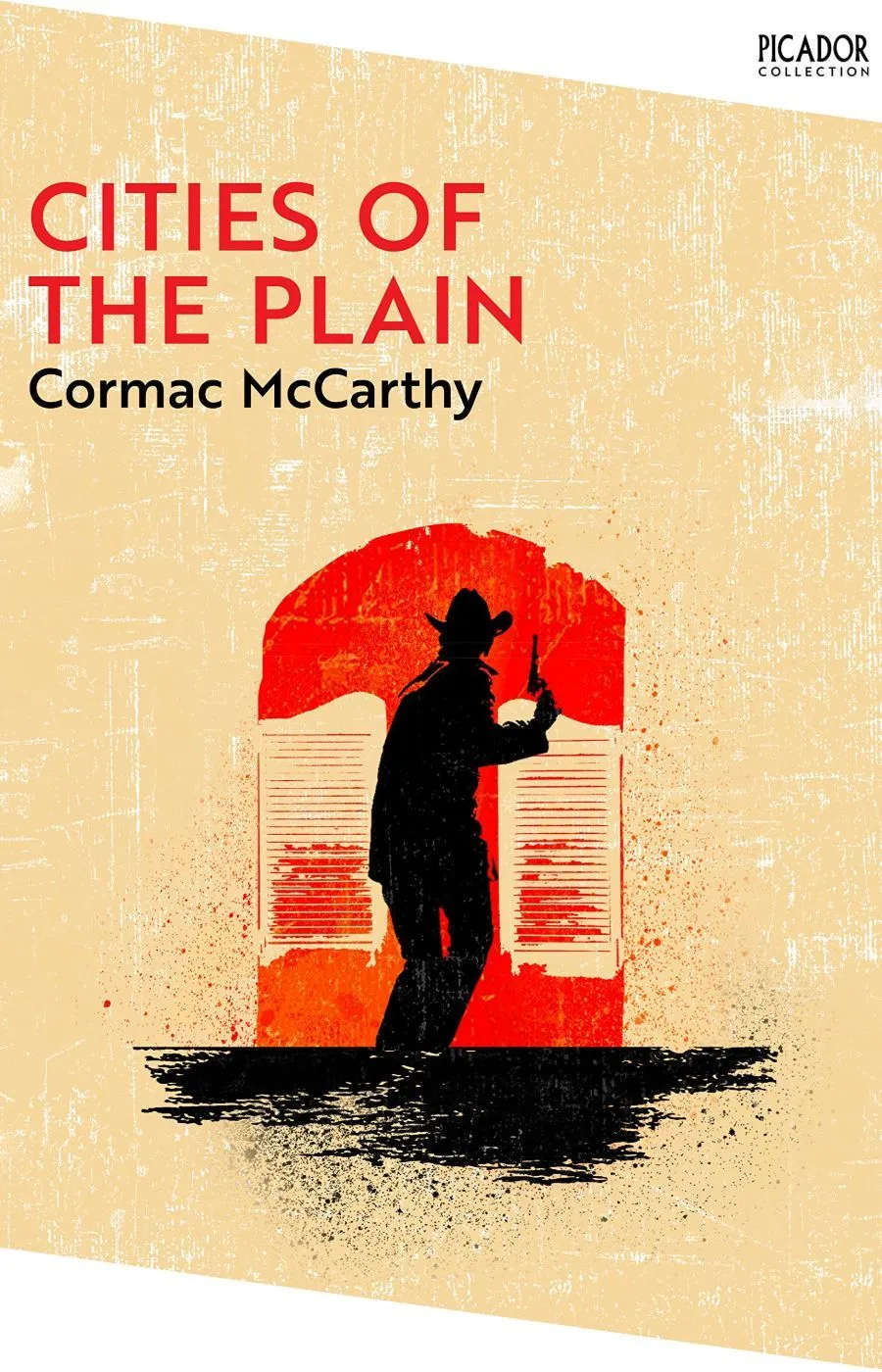
As the concluding installment of the “Border Trilogy,”Cities of the Plain delves into themes reminiscent of the biblical tales of Sodom and Gomorrah, hinting at the depths of its narrative. The novel follows John Grady Cole and Billy Parham, characters from the earlier works, as they navigate life on a cattle ranch in Alamogordo, New Mexico. To fully appreciate this story, readers are encouraged to engage with the preceding novels. Notably, the prose in Cities of the Plain marks a departure from McCarthy’s earlier, more elaborate style, presaging the succinct narratives that would characterize his later works.
11
Outer Dark (1968)
A Gritty Exploration of Sin and Isolation
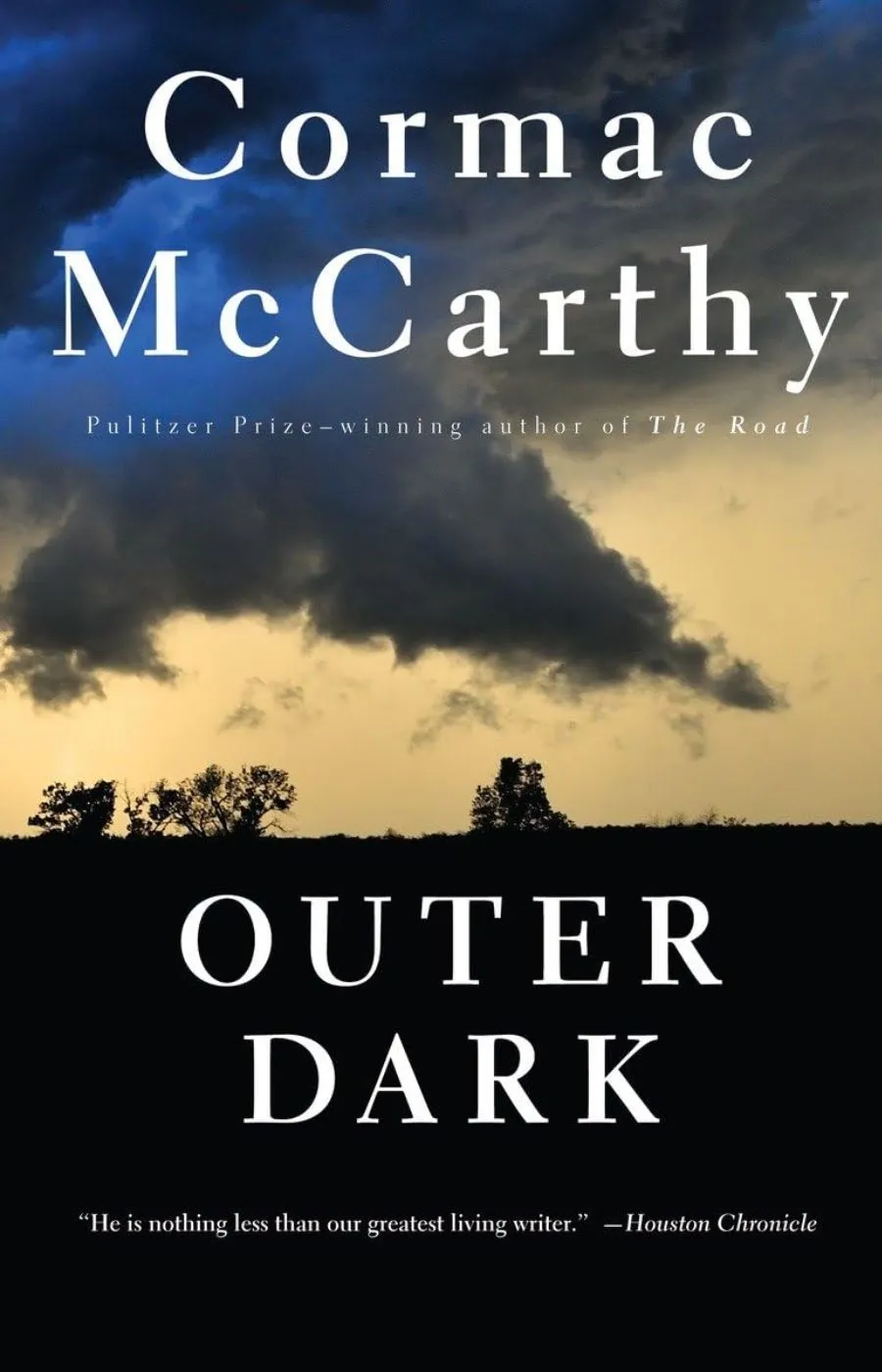
Outer Dark, McCarthy’s second novel, is set in the haunting landscapes of early 20th-century Appalachia. This disturbing tale follows a brother who abandons his sister’s infant child in the woods. McCarthy’s pivot to a more nihilistic outlook in this work marks a departure from the chronological narratives and humor of his debut. Instead, it offers a stark examination of the human experience, illuminated by the pervasive power of sin.
10
The Orchard Keeper (1965)
The Dawn of a Literary Icon
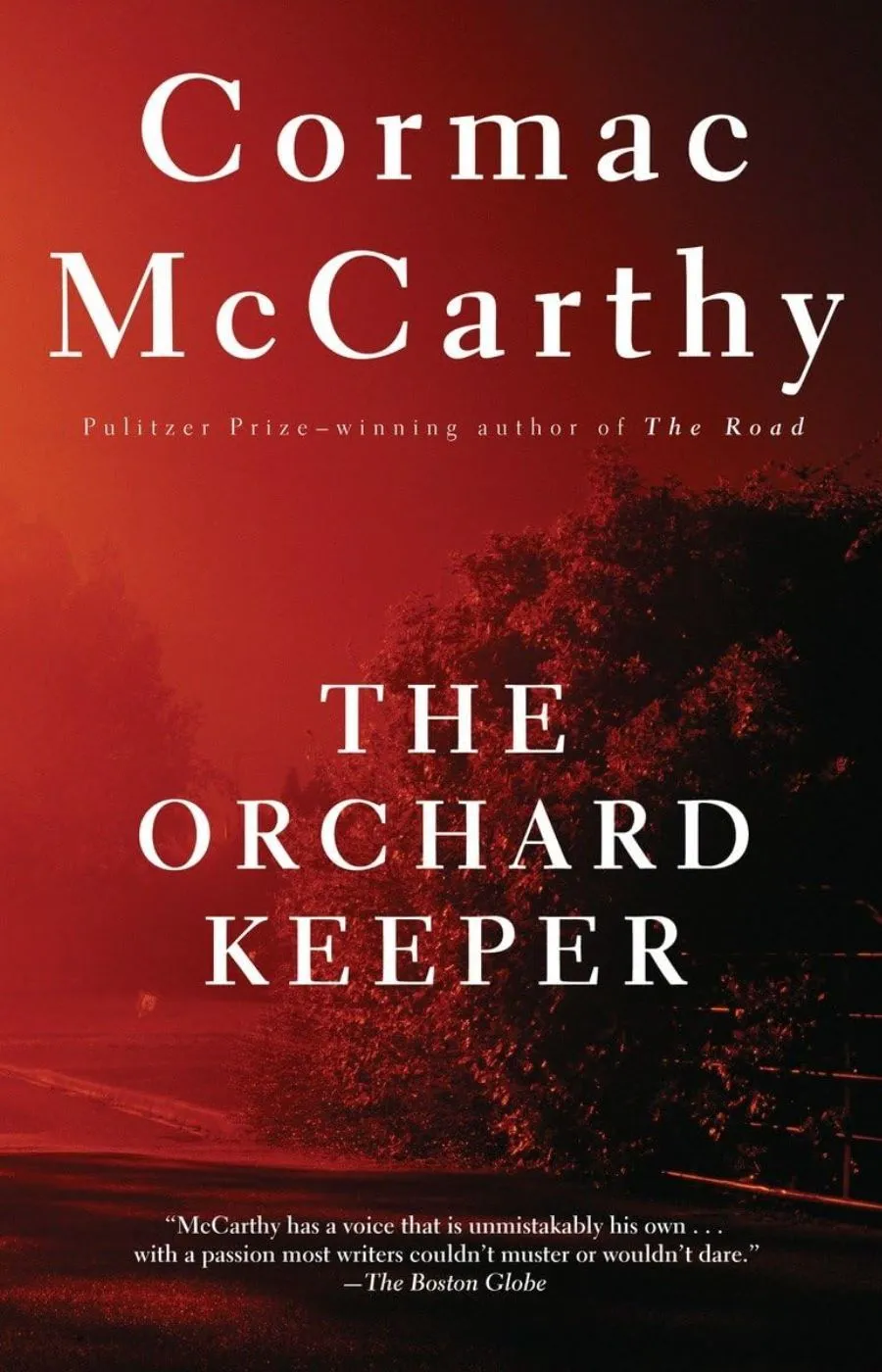
McCarthy’s debut novel, The Orchard Keeper, unfolds in a secluded Tennessee community during the interwar years. Centered around three characters—Arthur Ownby, John Wesley Rattner, and Marion Sylder—this gripping story intertwines their lives through the shadow of a murder. Although McCarthy is still shaping the unique voice for which he would become known, his evocative prose imbues this narrative with a profound resonance that captivates readers.
9
Child of God (1973)
Depictions of Moral Decay in Sevier County
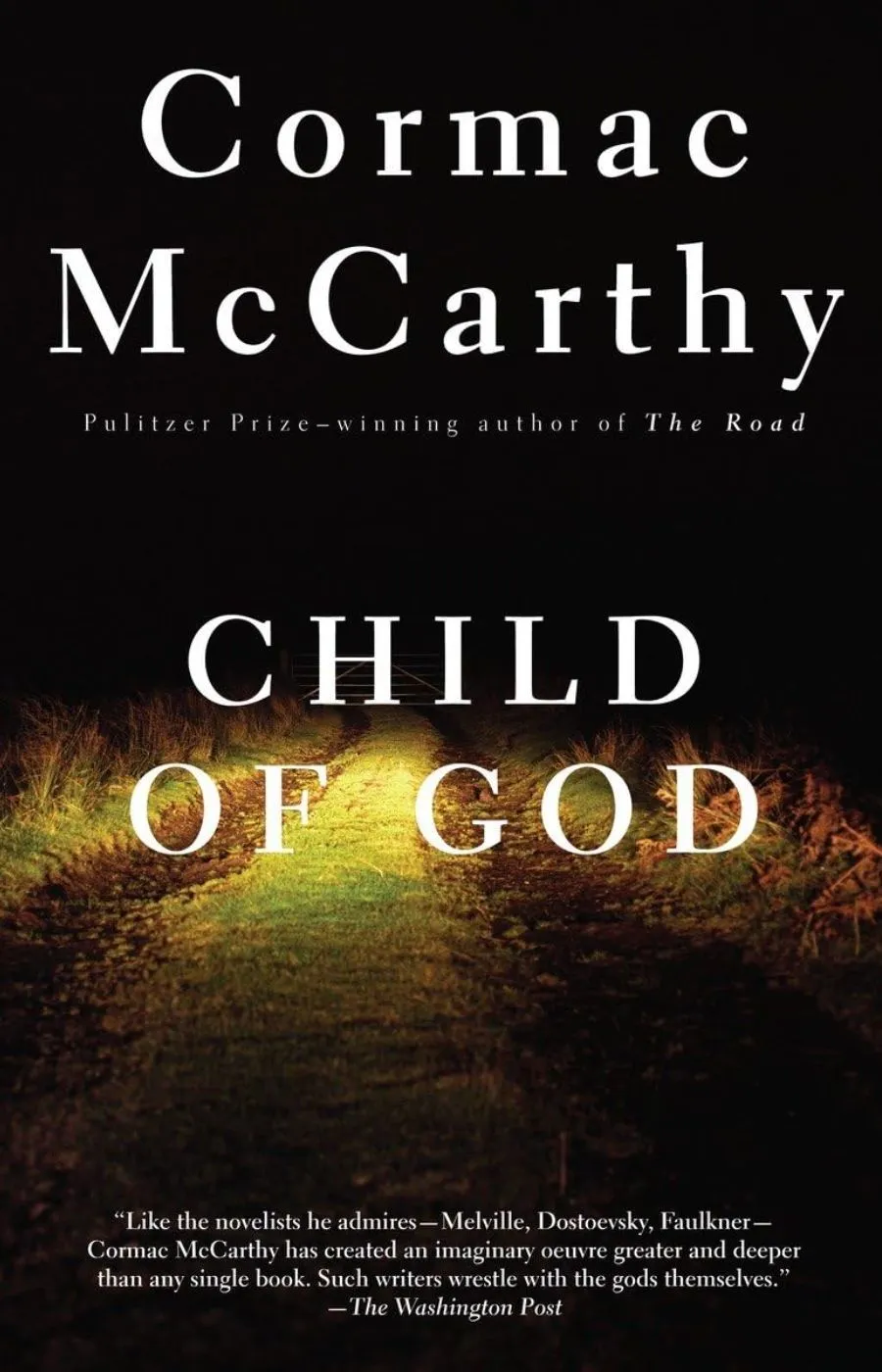
In his third novel, Child of God, McCarthy chronicles the life of Lester Ballard, a man forsaken and spiraling into violence and madness. Alternating between Lester’s perspective and the unsettling gossip of local townsfolk, the novel starkly portrays themes of trauma and moral degradation. McCarthy’s talent for weaving vivid imagery and stark realities creates a compelling narrative that is as haunting as it is engaging.
8
The Passenger (2022)
A Reflective Exploration of Regret
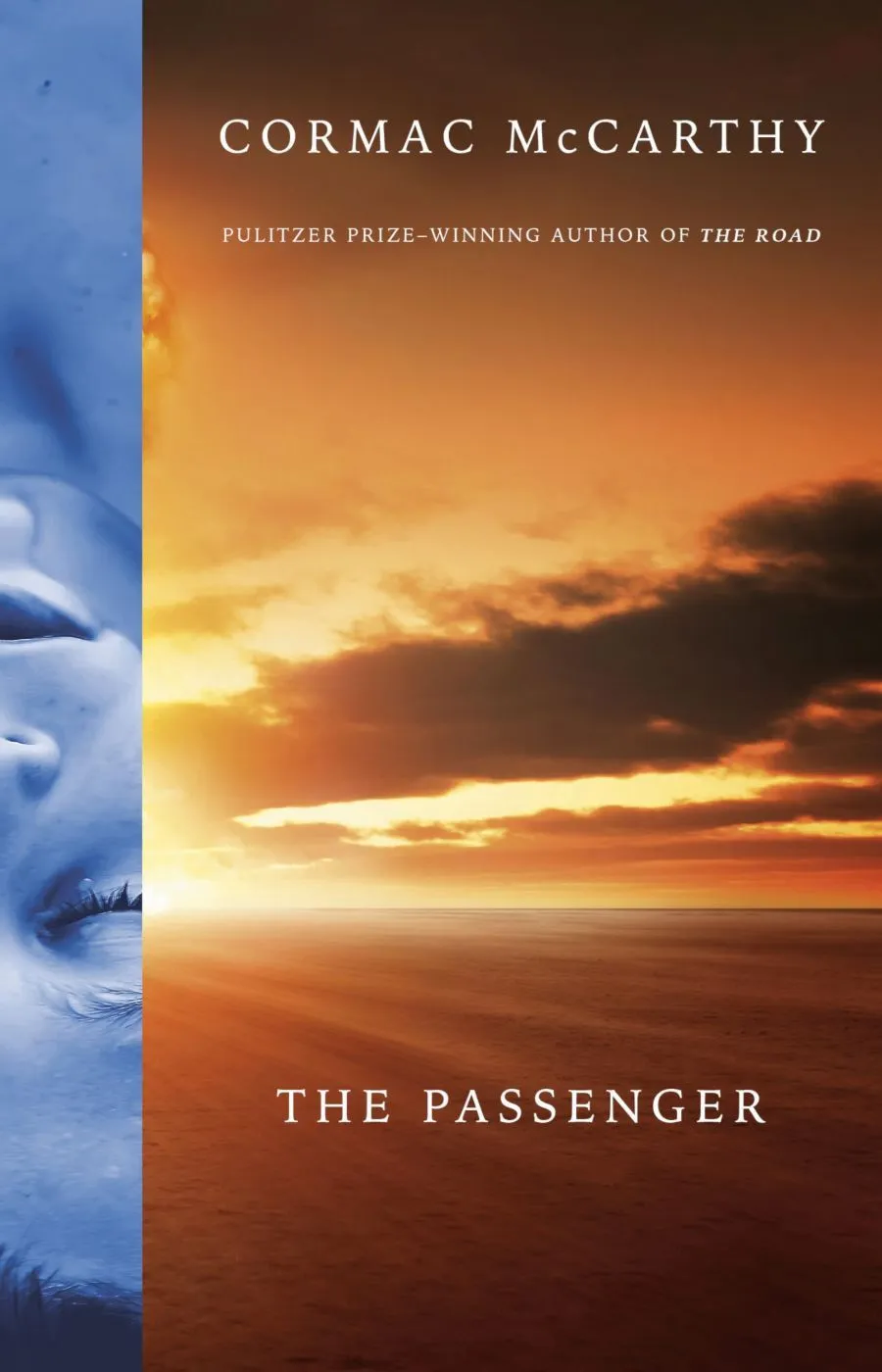
In The Passenger, McCarthy returns with a profound narrative just months before his passing. Released alongside Stella Maris, this book captures the emotional journey of Bobby and Alicia Western, children of a man who developed the atomic bomb. This late-career work exemplifies McCarthy’s willingness to explore fresh narratives and styles, reaffirming his literary prowess and capability to resonate with readers, challenging assumptions about storytelling.
7
Stella Maris (2022)
A Thoughtful Synthesis of Disciplines in McCarthy’s Concluding Works

6
No Country for Old Men (2005)
A Tense Exploration of Morality and Violence
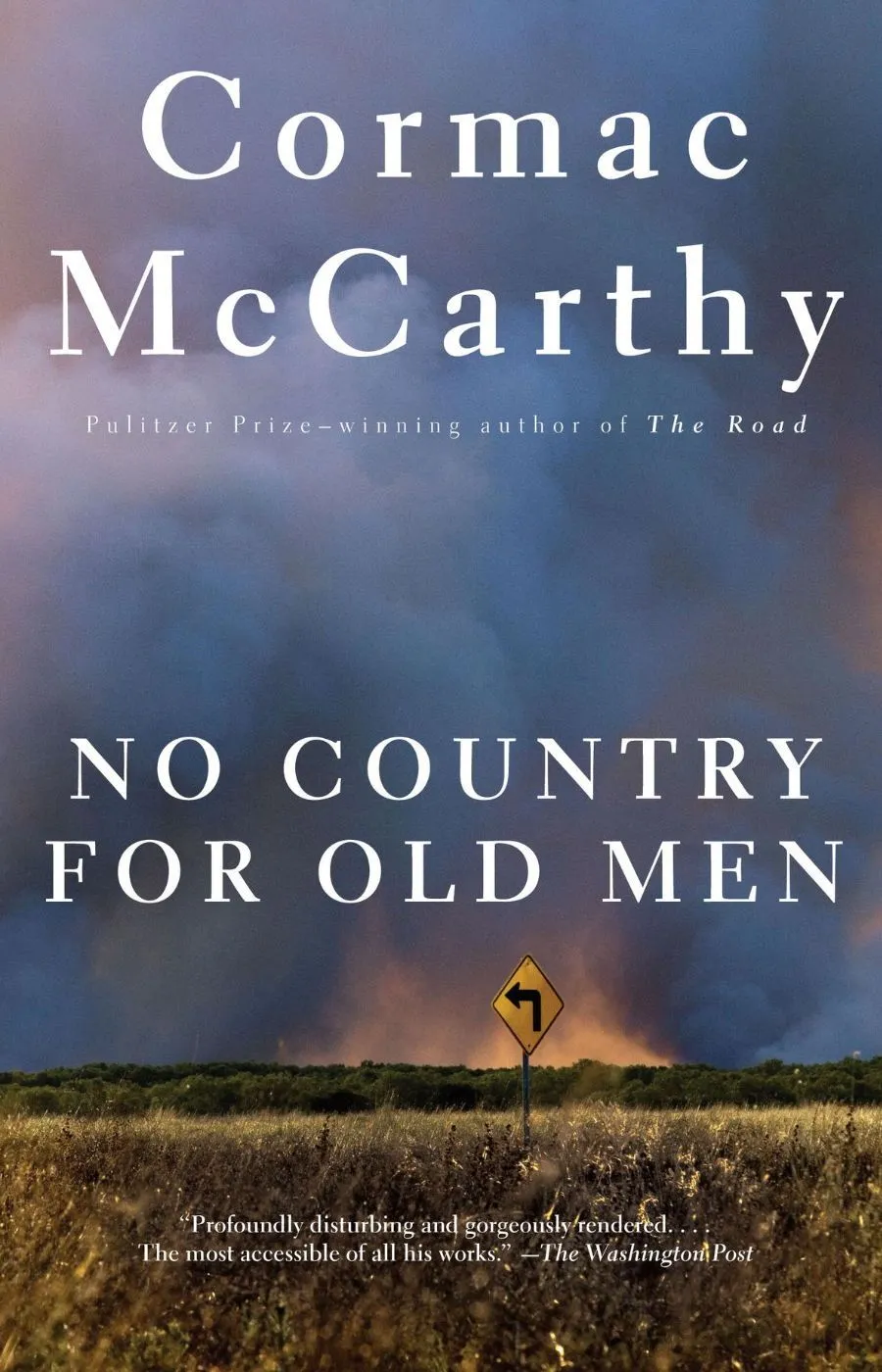
While many may recognize the Coen brothers’ cinematic interpretation, the novel No Country for Old Men equally captivates with its gripping storyline. It details Llewelyn Moss’s harrowing encounter with a drug deal gone awry, placing him in the path of the remorseless Anton Chigurh. This work marks a pivotal shift as McCarthy grapples with moral dilemmas, diverging from his earlier nihilistic themes while delivering a timeless narrative that examines the nature of greed and evil.
5
Suttree (1979)
An Emotive Journey of Abandonment and Redemption
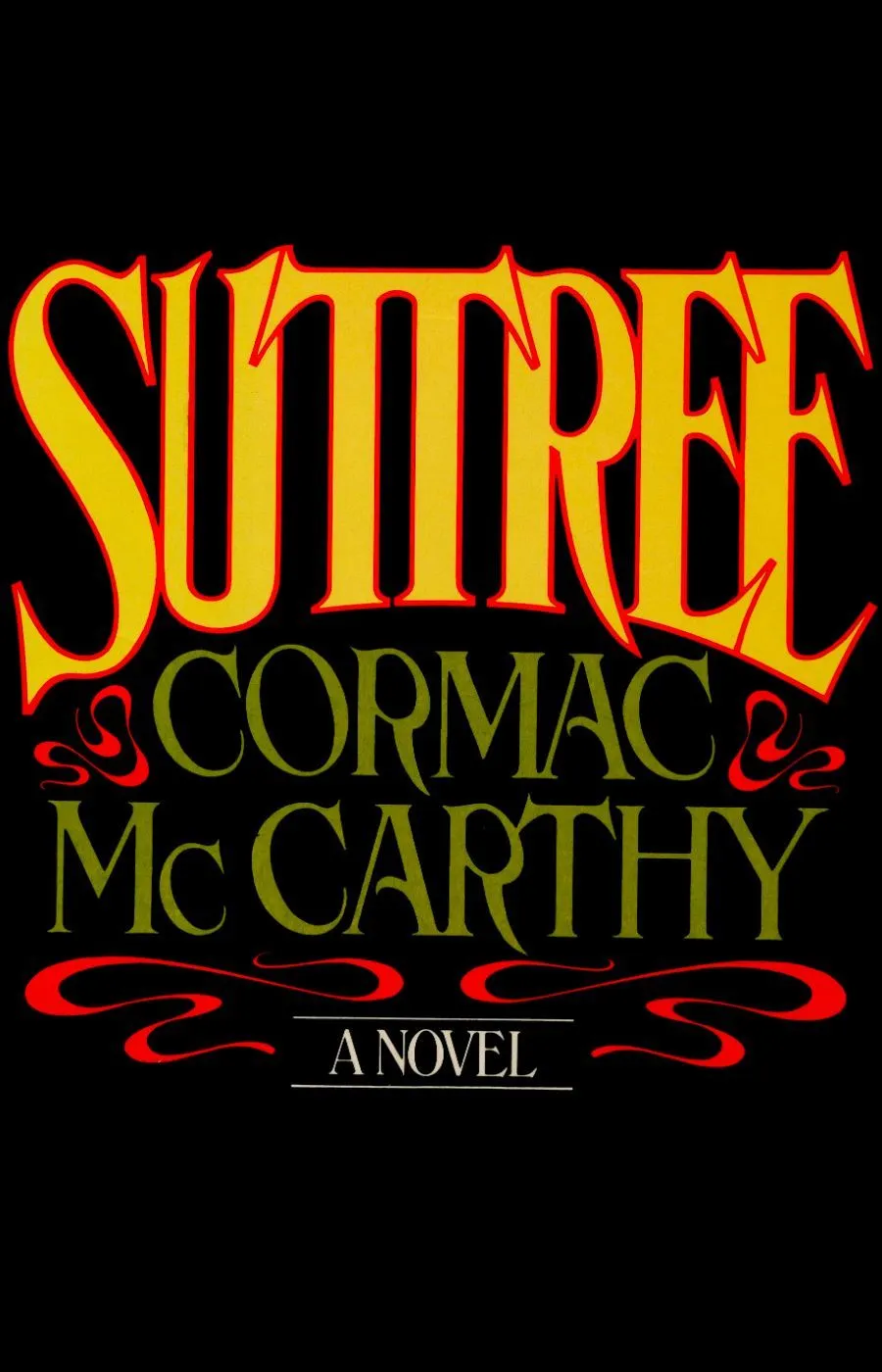
Suttree, McCarthy’s fourth novel, diverges from his historically oppressive themes by introducing a nuanced portrayal filled with both humor and profound melancholy. Following Cornelius Suttree, who forsakes a privileged life to live as a fisherman in Tennessee, the narrative captures the complexity of human experience, exploring themes of purpose, self-identity, and the duality of human nature.
4
The Crossing (1994)
A Journey Through the Wilds of New Mexico
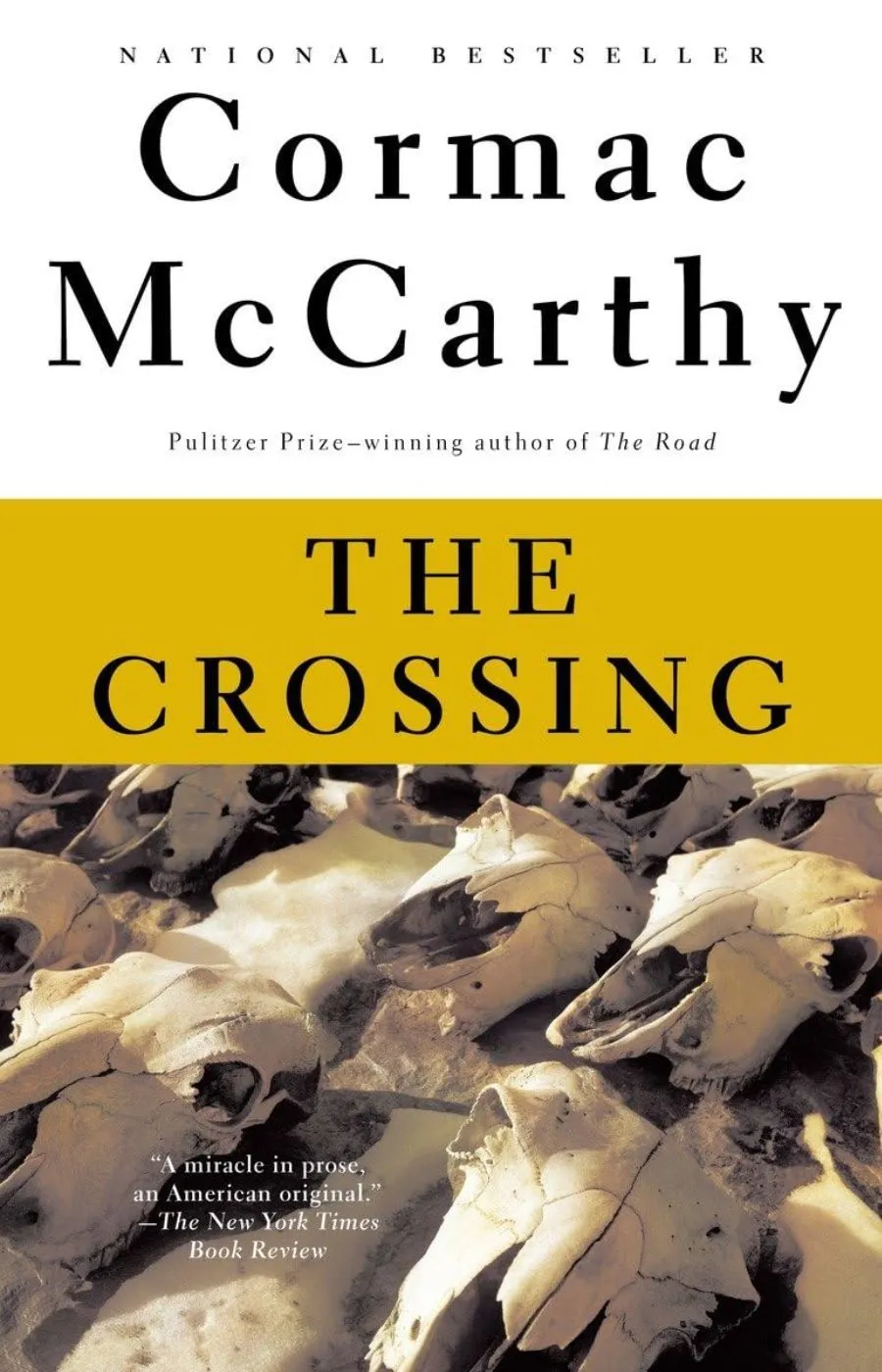
In The Crossing, McCarthy weaves the evocative tale of brothers Billy and Boyd Parham as they embark on a series of adventures in the rugged terrains of New Mexico. This second installment of the “Border Trilogy”captures the essence of familial bonds and the pressures of fate, imbuing the brothers’ experiences with humor and existential dread. The mystical elements present in the story offer both challenges and rewarding discoveries for readers.
3
All the Pretty Horses (1992)
A Lyrical Exploration of Cowboy Life
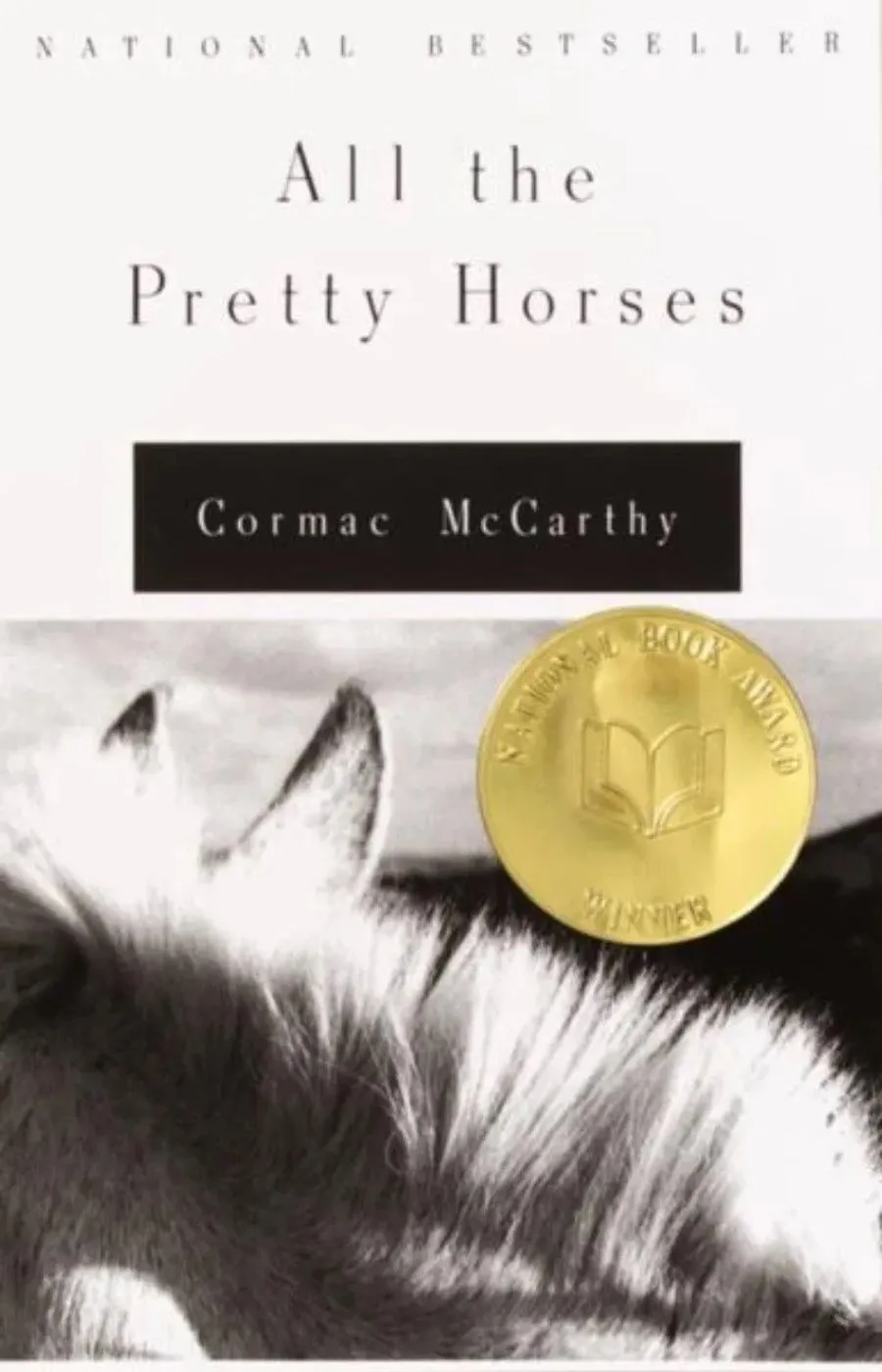
All the Pretty Horses, as the inaugural volume in the “Border Trilogy,”presents a poignant narrative as John Grady Cole and his friend Lacey Rawlins venture into Mexico in search of work. Their journey unfolds alongside the addition of Jimmy Blevins to their group, revealing both the dangers and hardships of cowboy life. Although the themes are often somber, McCarthy’s masterful storytelling and dynamic character development make this a captivating read.
2
The Road (2006)
A Gripping Post-Apocalyptic Tale of Survival
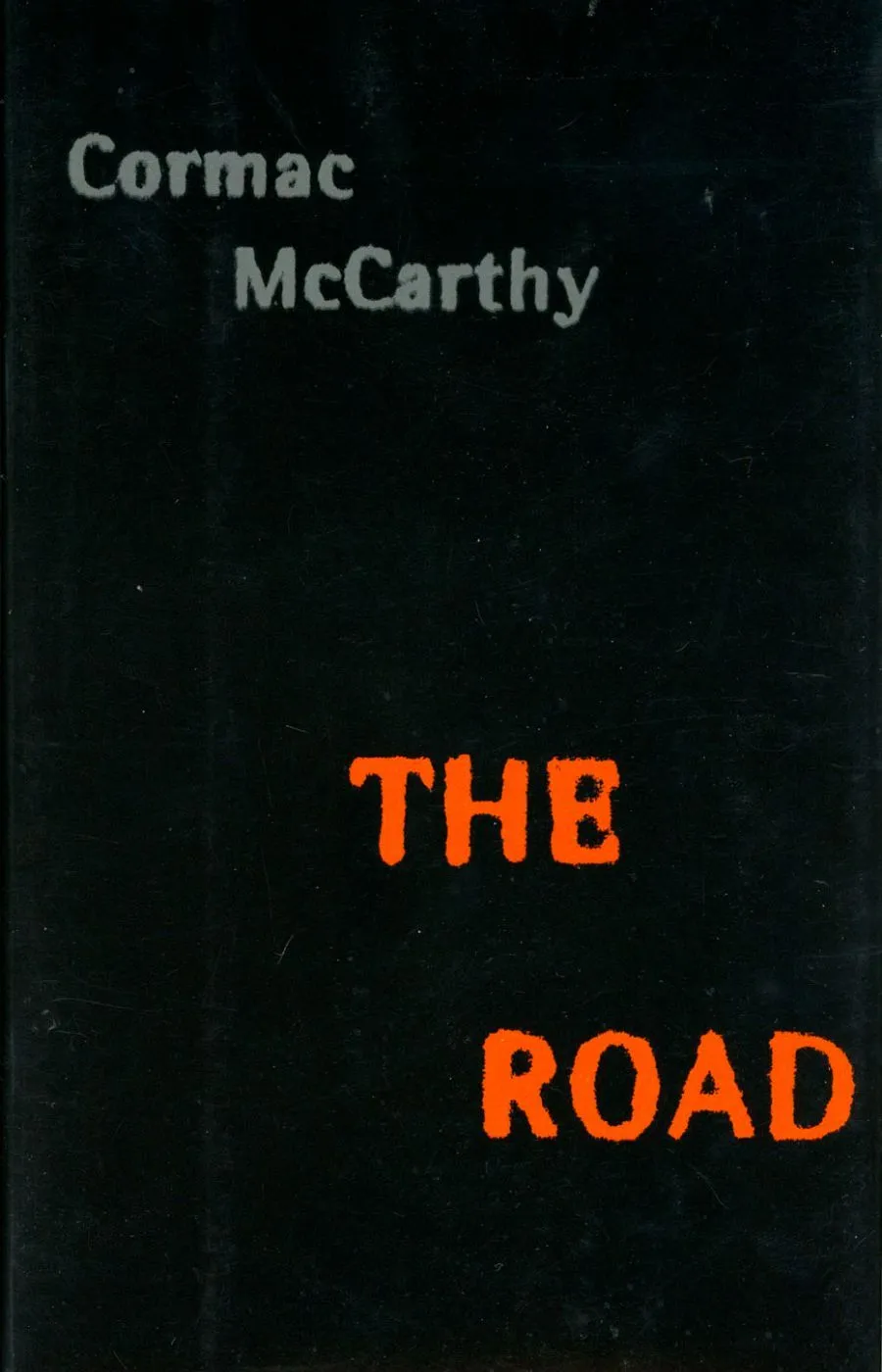
In The Road, McCarthy immerses readers in a harrowing future where a catastrophic event has left the world desolate. This novel follows a father and son journeying through a bleak, post-apocalyptic landscape in search of safety and hope. The work is characterized by its visceral urgency, coupling intense action with moments of tender humanity, making it an essential read within McCarthy’s oeuvre.
1
Blood Meridian (1985)
McCarthy’s Masterpiece on Violence and Existence
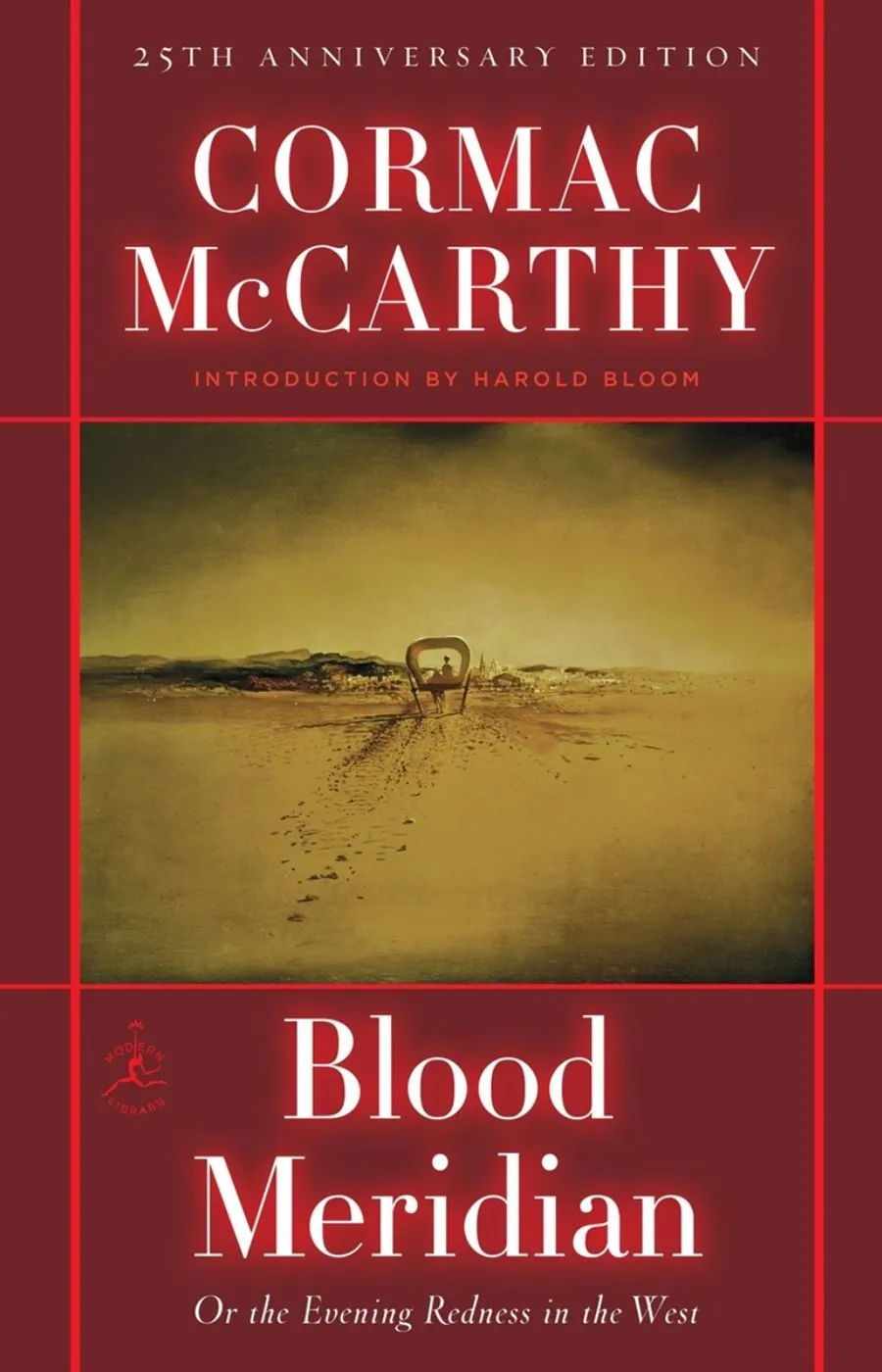
Blood Meridian; or, The Evening Redness in the West, is often regarded as McCarthy’s magnum opus. Set in the American frontier during the mid-19th century, this epic narrative grapples with themes of violence, divinity, and the human experience. It is frequently hailed as one of the greatest American novels, serving as a testament to McCarthy’s profound insights and mastery of literary form.




Leave a Reply